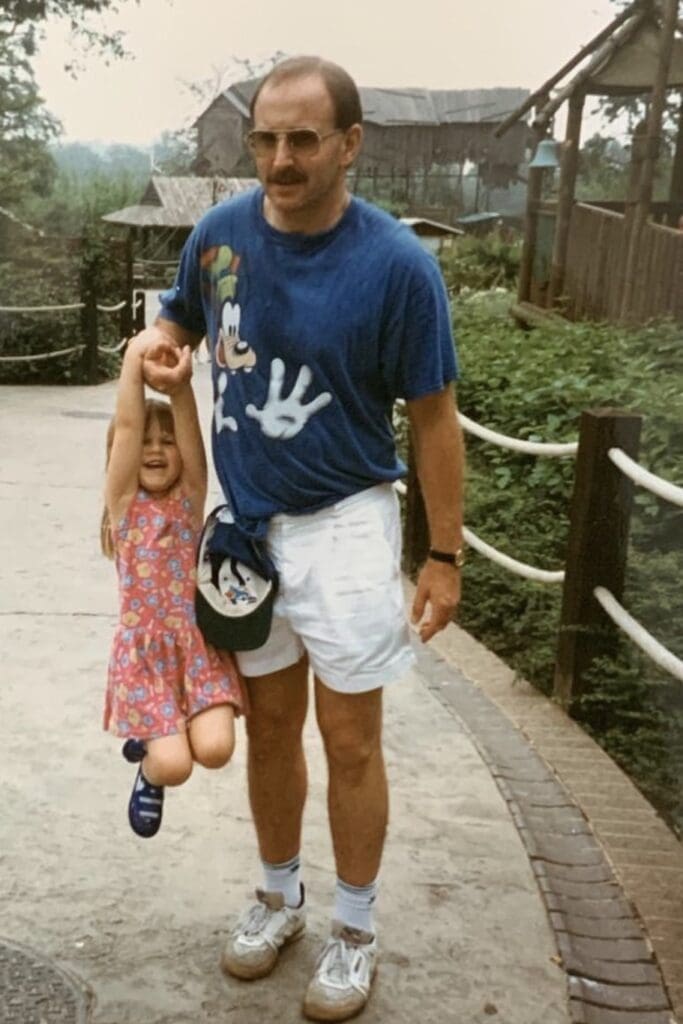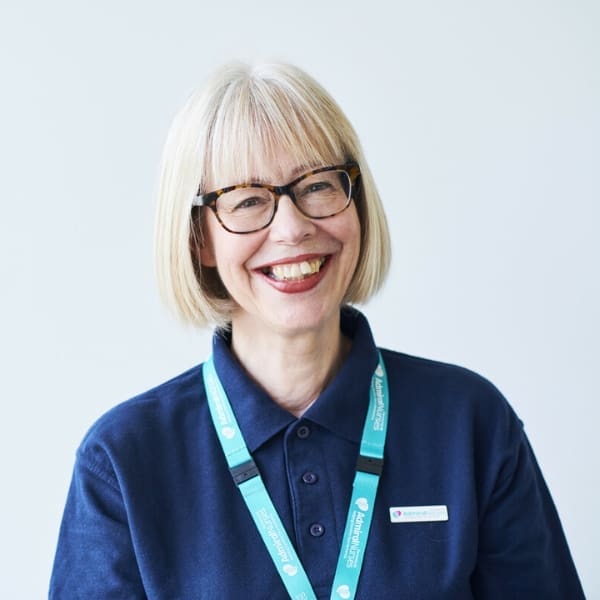Hilda Hayo, Dementia UK’s Chief Admiral Nurse and Chief Executive Officer, reflects on Lizzie’s experience.
“Lizzie highlights the difficulty when a family member is diagnosed with dementia under 65yrs of age and you are just embarking on your life as a young adult. Frequently when I have worked young people whose family has been impacted by young onset dementia, they have grappled with putting their own life on hold to be there for the family.
“When working with young people I usually ask “What would your parent expect of you?” and the answer is usually, “They would want me to live my life.” My role then as a nurse would be to listen, support them to do this and help them to manage their feelings of guilt in carrying on with their life and plans.
“From experience, the young person needs someone independent of the family to talk these feelings through with and a specialist dementia nurse (Admiral Nurse). The nurse can listen and help the person to come to terms with their feelings and ways they can engage with their parent when they are able to be present.”


 Each trip home made that
Each trip home made that 